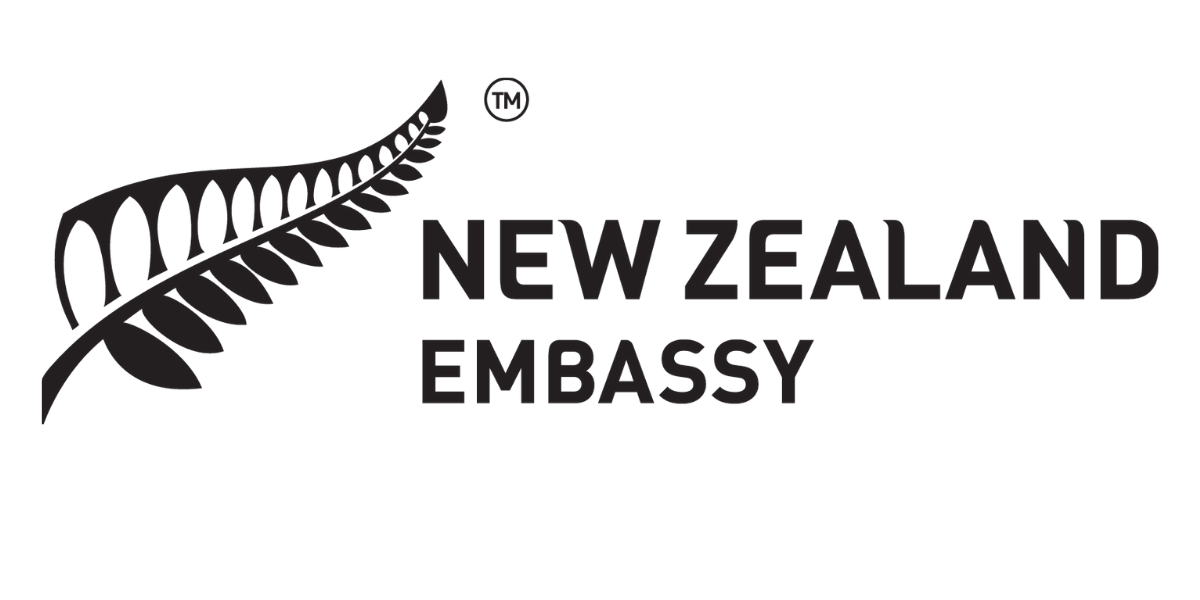In October 2020, the Embassy of New Zealand opened the fund for the period 2020-2021 to flexibly support projects that manifestly and directly contribute to the elimination of poverty and have a high impact on community socio-economic development.
RACI evaluated a total of 336 (three hundred and thirty-six) project proposals. The majority came from Mexico with 194 (one hundred and ninety-four) project proposals, followed by Guatemala with 43 (forty-three) and El Salvador with 33 (thirty-three) proposals received.
The majority of projects fell under the “Education” theme, followed by “Social and/or health issues related to the COVID-19 pandemic”, “Communities Development” and “Food Security”. The other thematic areas of the fund included: “Climate Change and Resilience”, “Agro Sustainable Development” and “Disaster Relief”.
Once the project evaluations were completed, the organizations selected by the New Zealand Embassy were:
- Chemol Txumb’al – Fundación Maya (Guatemala)
- Asociación Comité de Rescate de las Cuencas de la Libertad – CORCULL (El Salvador)
- Fundación Salvadoreña de Desarrollo y Vivienda Mínima – FUNDASAL (El Salvador)
- Tierra Nueva S.C.(Mexico)
- Red Indígena de Turismo de México A.C. (RITA)(Mexico)
- Fondo para la Paz, I.A.P (Mexico)
- Organización Emprendedora Una Zaa Cuaa Nda Dica, A.C.(Mexico)
- Asociación de Mujeres Adelina Caal Maquin (Guatemala)
Each organization presented innovative projects aligned with the mission of contributing to sustainable development in their countries and with the purpose of reducing poverty and contributing to a safer, more equitable and prosperous world.
Chemol Txumb’al – Fundación Maya presented the project “Creating socioeconomic development opportunities for young indigenous people in the municipalities of Nebaj, Cotzal and Chajul in the department of Quiché, Guatemala” to promote a strategy that contributes to the development and well-being of the young people who make up the Chemol Txumb’al Youth Network, improving their quality of life and strengthening their territorial roots through the development of agricultural activities.
The Asociación Comité de Rescate de las Cuencas de La Libertad – CORCULL presented the project “Promoting environmental management and sustainable use of the natural assets of El Amatal Mangrove Swamp, in the department of La Libertad, El Salvador”, which seeks to improve the environmental conditions, habitat and quality of life of the families of El Cantón, San Diego through the restoration of the natural ecosystem of El Amatal Mangrove Swamp.
The Fundación Salvadoreña de Desarrollo y Vivienda Mínima – FUNDASAL presented the project “Building resilient communities through food sovereignty and the adequate use of water resources in San Pablo Tacachico” whose objective is to strengthen basic food production through the implementation of knowledge and agroecological techniques free of pesticides and industrial fertilizers and create rainwater harvesting systems, practising the importance of care and optimization of water resources in the cantons of the municipality, as well as in most of the rural areas of the country.
Tierra Nueva S. C. presented the project “Handling and management of water in marginalized communities of the Monarch Butterfly Biosphere Reserve (RBMM) in Michoacán, Mexico” to handle water in the season as a strategy for adaptation to climate change through the storage and collection of rainwater and spring water to ensure irrigation of orchards, and as a means of health prevention against the impact of COVID-19 in 2 marginalized communities of the Monarch Butterfly Biosphere Reserve.
The Red Indígena de Turismo de México A. C. (RITA) presented the project “Strengthening agroecological production processes, technology transfer and revitalization of traditional knowledge for the development of the Mayan indigenous community of Kantemó Quintana Roo” to strengthen community resilience in the context of economic, social and environmental crisis, through the implementation of sustainable biointensive agroecological techniques and the transformation and increase of value chains of agroecological products as a strategy to ensure food sufficiency and avoid falling prices and intermediaries.
Fondo para la Paz, I.A.P. presented the project “Beekeeping: A strategic and sustainable activity that strengthens livelihoods in the coastal region of Oaxaca”, dedicated to promoting beekeeping, from an agroforestry approach, as a strategic and sustainable economic activity to strengthen the livelihoods of 18 families in the municipality of San Juan Lachao, Costa region, Oaxaca.
The Organización Emprendedora Una Zaa Cuaa Nda Dica, A.C. presented the project “Food security for indigenous families through the production of backyard orchards with irrigation water storage system” whose objective is to produce food through orchards that contribute to improve food shortages and provide food security to indigenous families in the town of Ojo de Agua, Santa Cruz.
The Asociación de Mujeres Adelina Caal Maquin presented the project “Improving the quality of life of Q’eqchi’es women and their families in the Municipality of Fray Bartolomé de las Casas, through training on harvesting, food processing and management of semi-industrial equipment” in response to the existing problem of food sovereignty, seeking to generate a real income for women and their families, thus improving their quality of life and that of their community.
We thank all the organizations that applied and congratulate all the beneficiaries of the fund!

